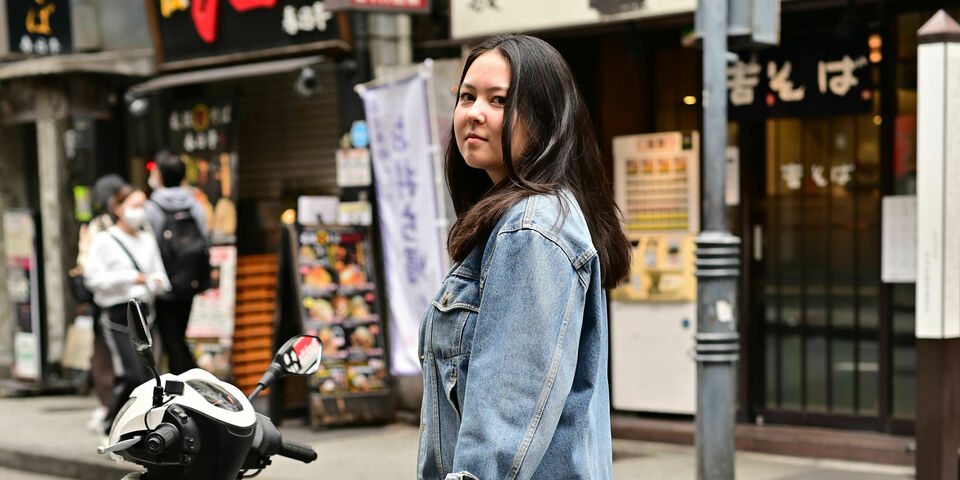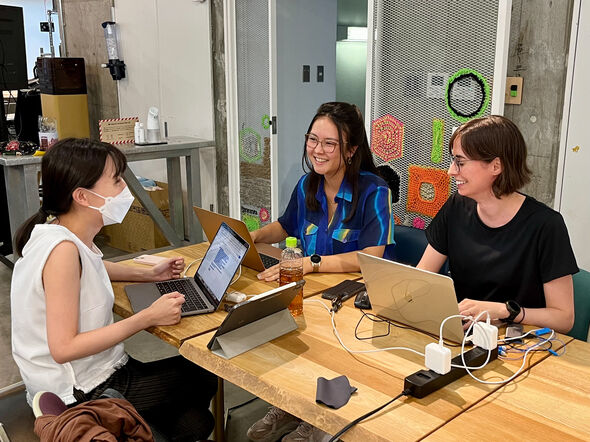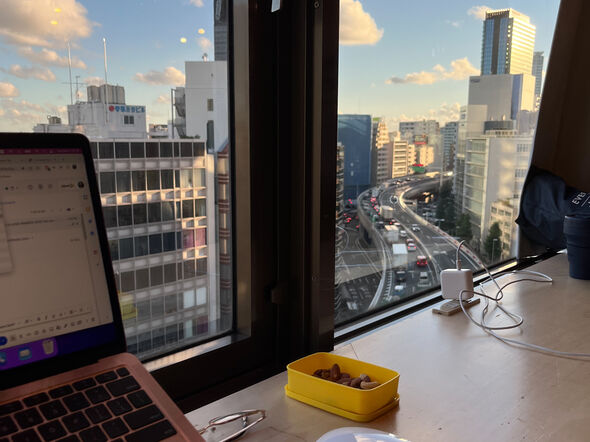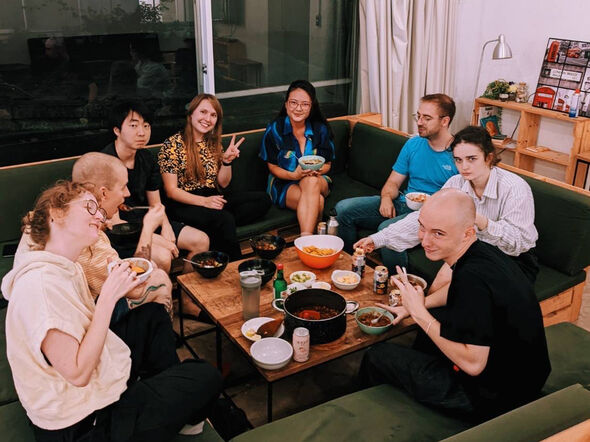And how are things in Tokyo?
When I started my Master studies in Industrial Design it soon became clear to me that I didn't want to spend two years behind a desk in Atlas, but wanted to gain more practical experience. So I thought that if I wanted to have an experience, it better be a good one, and I decided to do my internship in Japan. And not in a small village, but in Tokyo, a city of almost 14 million inhabitants. A bit different from the quiet Eindhoven that you can cycle from north to south in just 45 minutes.
The next six months I'll be doing an internship in Tokyo at FabCafe, a cafe and co-working space where you can drink coffee but also use all kinds of digital fabrication machines. For example laser cutters, 3D printers, and all sorts of other equipment that will become less accessible once you can no longer walk into InnovationSpace or the Vertigo workshop. It's a place for creatives to make their prototypes, network and learn from each other. In addition to supporting with day-to-day operations such as organising projects for clients and marketing, I do my own project at FabCafe. My project consists of organizing a workshop and making a short film to get more awareness on gender inequality in Japan.
As someone with a dual nationality (Dutch and Japanese) it feels weird to live and work for the first time in my life in the country where half my family is from. On the one hand, I am still the foreigner everywhere I go, partly because I am at least 10 cm taller than everyone, even though I am very short compared to the average Dutch person. On the other hand, I notice from stories of housemates from England, France or America that I can understand Japanese culture better, even when it doesn’t make sense at all.
I live in a building with a total of about 25 others, which is called a "share house" here. Basically a kind of big student house with also a lot of people that are already working. It’s a great way to meet people from all kinds of backgrounds, and we regularly cook together or have a drink. It is also great to share all your nice experiences but also frustrations about Japanese culture with the other foreigners after work. For example, the Japanese way of working is often more bureaucratic than in Europe, which means that making decisions at work or arranging a bank account can take longer. The next few months are going to be a challenge with my goal of learning Japanese fluently and starting different projects within my internship, but I am very much looking forward to it.





Discussion